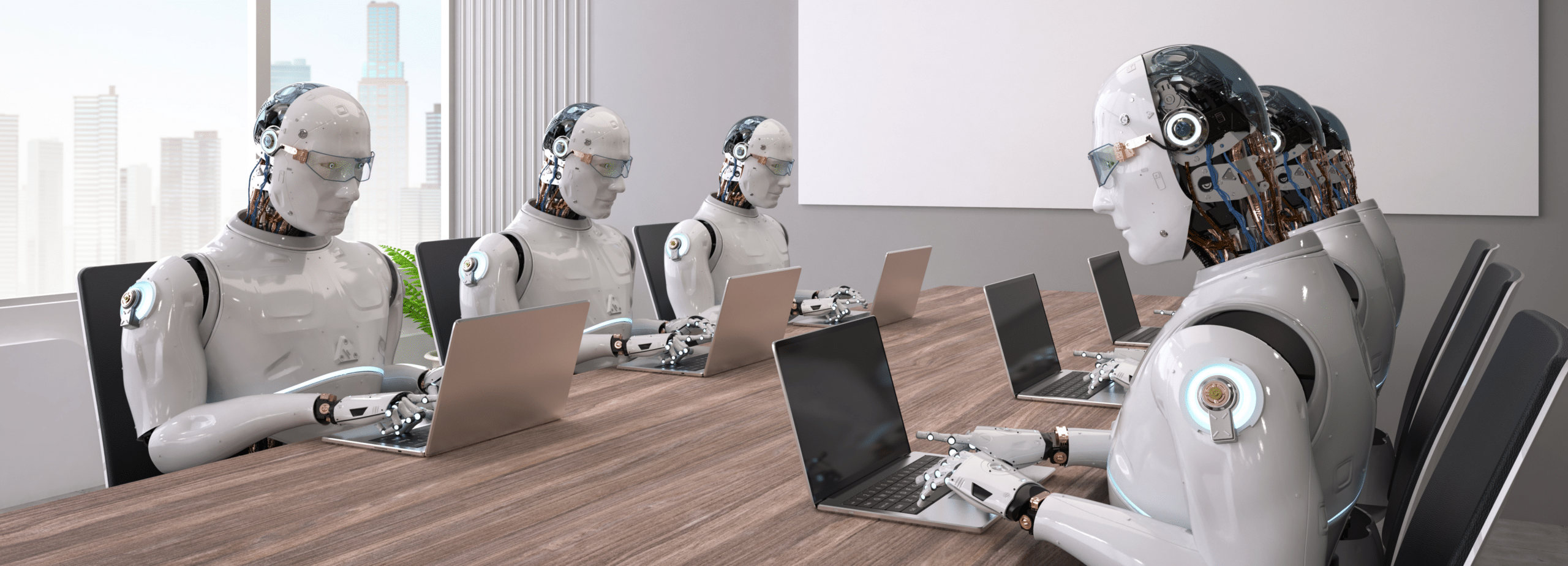The Future of Work: How Emerging Tech Will Transform STEM Jobs
Related Articles

The world of work is undergoing a profound transformation, driven by rapid advancements in technology. Nowhere is this transformation more evident than in STEM (Science, Technology, Engineering, and Mathematics) fields, where emerging technologies like artificial intelligence, robotics, and automation are reshaping industries and the skills required to thrive in them. In this post, we will explore how these technologies are revolutionising STEM jobs and discuss the skills needed to excel in this evolving landscape.
Automation’s Impact on STEM Jobs
Automation has been a buzzword in the workforce for several years, and its influence on STEM professions is undeniable. According to the World Economic Forum, by 2025, automation and AI could displace approximately 85 million jobs globally, but they could also create around 97 million new jobs, emphasising the importance of adaptability and skill acquisition. Jobs that involve repetitive and routine tasks are increasingly being automated, leading to a shift in job responsibilities for many professionals. For example, in manufacturing and agriculture, robots and autonomous systems are now handling tasks that were once performed by human workers.
However, automation is not just about job displacement; it also creates new opportunities. Engineers and data scientists are in high demand to design, program, and maintain these robotic systems. This highlights the importance of adaptability and the need to acquire skills in fields like robotics and control systems.
AI’s Impact on STEM Jobs
Artificial intelligence is another game-changer in STEM fields. Machine learning algorithms can analyse vast datasets, identify patterns, and make predictions with unprecedented accuracy. LinkedIn’s Emerging Jobs Report highlighted that AI specialist roles experienced a 74% annual growth rate over the past four years, making it one of the fastest-growing job categories. This underscores the increasing demand for AI-related skills.
In healthcare, AI is used for disease diagnosis and drug discovery, reducing the workload of medical professionals and increasing diagnostic accuracy. A study published in Nature Medicine found that an AI model could diagnose diseases from medical images with an accuracy rate of 94.6%, outperforming human doctors in certain cases. Financial analysts now rely on AI-driven algorithms to make investment decisions. Engineers are incorporating AI into their designs to create more efficient and adaptive systems.
To thrive in an AI-driven world, STEM professionals must understand the basics of machine learning and data science. These skills will enable them to collaborate effectively with AI systems and harness their potential.
Robotics and STEM Jobs
Robotics is advancing at a remarkable pace, leading to the creation of new STEM jobs. According to the new World Robotics report the number of industrial robots in use globally reached 3.5 million in 2022, with an increase of 31% over the prior year, indicating the rapid adoption of automation in this sector. Collaborative robots, or ‘cobots’, are being deployed in industries such as logistics, manufacturing, and healthcare. These ‘cobots’ work alongside humans, requiring engineers and technicians to develop and maintain them.
Moreover, the field of robotics is expanding into more complex areas, such as autonomous vehicles and surgical robots. The surgical robotics market is expected to grow at a compound annual growth rate (CAGR) of around 10% from 2021 to 2026, as per a report by MarketsandMarkets, highlighting the increasing importance of robotics in healthcare. Engineers and researchers in these fields need strong skills in robotics, computer vision, and control systems.
The Importance of Soft Skills
While technical skills are vital in STEM fields, soft skills are becoming increasingly important in the age of automation and AI. A survey conducted by the World Economic Forum of HR and strategy executives found that the top three skills sought in employees are complex problem-solving (36%), critical thinking (36%), and creativity (35%), highlighting the value of soft skills in the modern workforce. The ability to collaborate across disciplines and communicate complex technical ideas to non-technical stakeholders is crucial. Furthermore, adaptability is essential as STEM professionals must continuously update their skills to keep up with rapidly evolving technology.
Lifelong Learning in STEM
In the future of work, learning is a continuous process. To stay competitive, STEM professionals must embrace lifelong learning. According to a report by LinkedIn, 94% of employees would stay at a company longer if it invested in their career development, emphasising the importance of ongoing learning and upskilling. The e-learning market is projected to be worth $325 billion by 2025, as reported by Global Market Insights, Inc., showcasing the growing availability of online learning resources.
The future of work in STEM fields is exciting and challenging. As automation, AI, and robotics continue to transform industries, STEM professionals must adapt by acquiring new technical skills, embracing soft skills, and committing to lifelong learning. By doing so, they can not only thrive in this evolving landscape but also contribute to the development of innovative technologies that will shape our future. The future of work in STEM is bright, and those who prepare themselves for it will be well-positioned for success.


